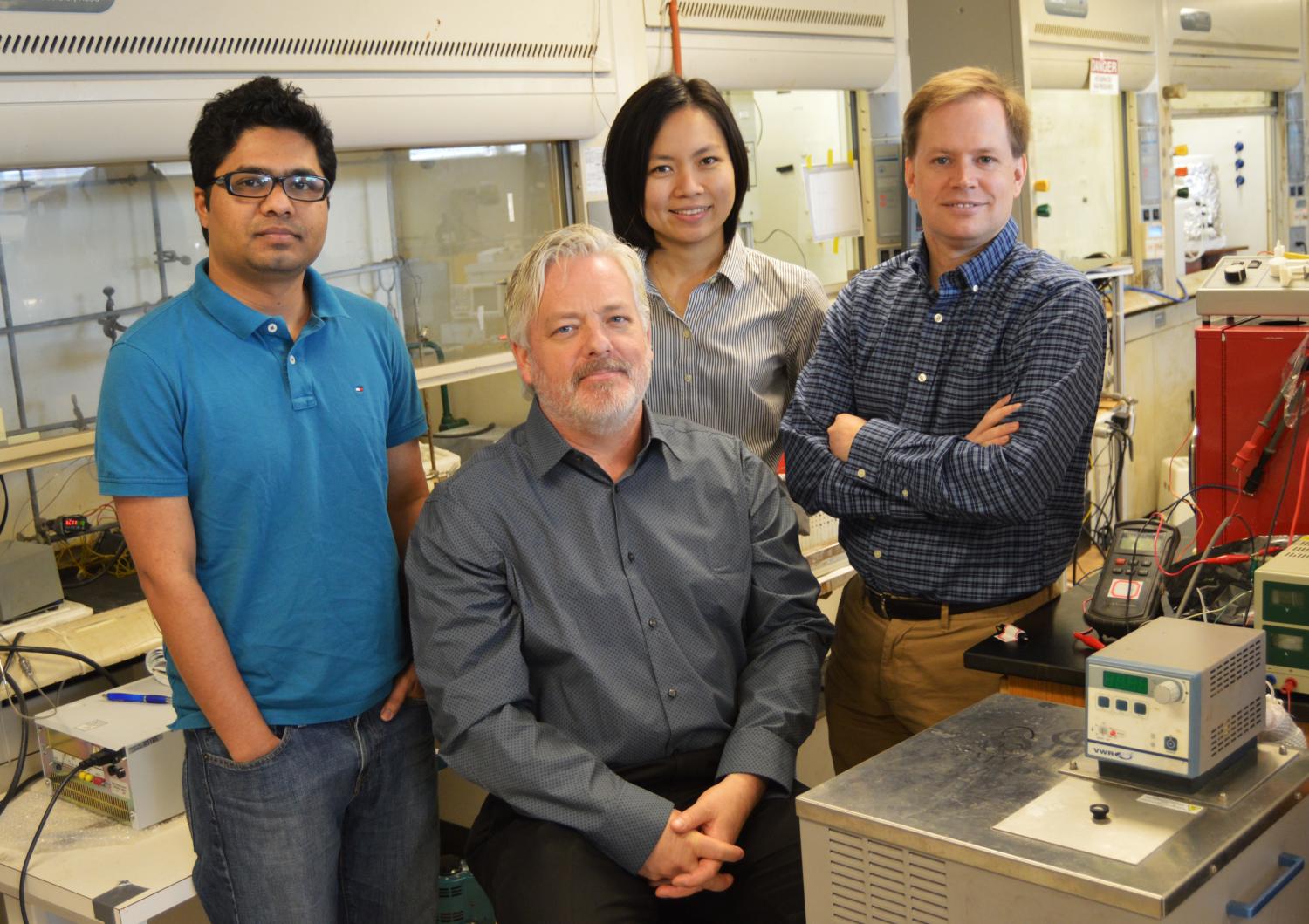Our next step is to develop a photo-catalyst better matched to the solar spectrum,” MacDonnell said. “Then we could more effectively use the entire spectrum of incident light to work towards the overall goal of a sustainable solar liquid fuel.
A team of University of Texas at Arlington chemists and engineers have proven that concentrated light, heat and high pressures can drive the one-step conversion of carbon dioxide and water directly into useable liquid hydrocarbon fuels.
This simple and inexpensive new sustainable fuels technology could potentially help limit global warming by removing carbon dioxide from the atmosphere to make fuel. The process also reverts oxygen back into the system as a byproduct of the reaction, with a clear positive environmental impact, researchers said.
“Our process also has an important advantage over battery or gaseous-hydrogen powered vehicle technologies as many of the hydrocarbon products from our reaction are exactly what we use in cars, trucks and planes, so there would be no need to change the current fuel distribution system,” said Frederick MacDonnell, UTA interim chair of chemistry and biochemistry and co-principal investigator of the project.










Comments are closed.